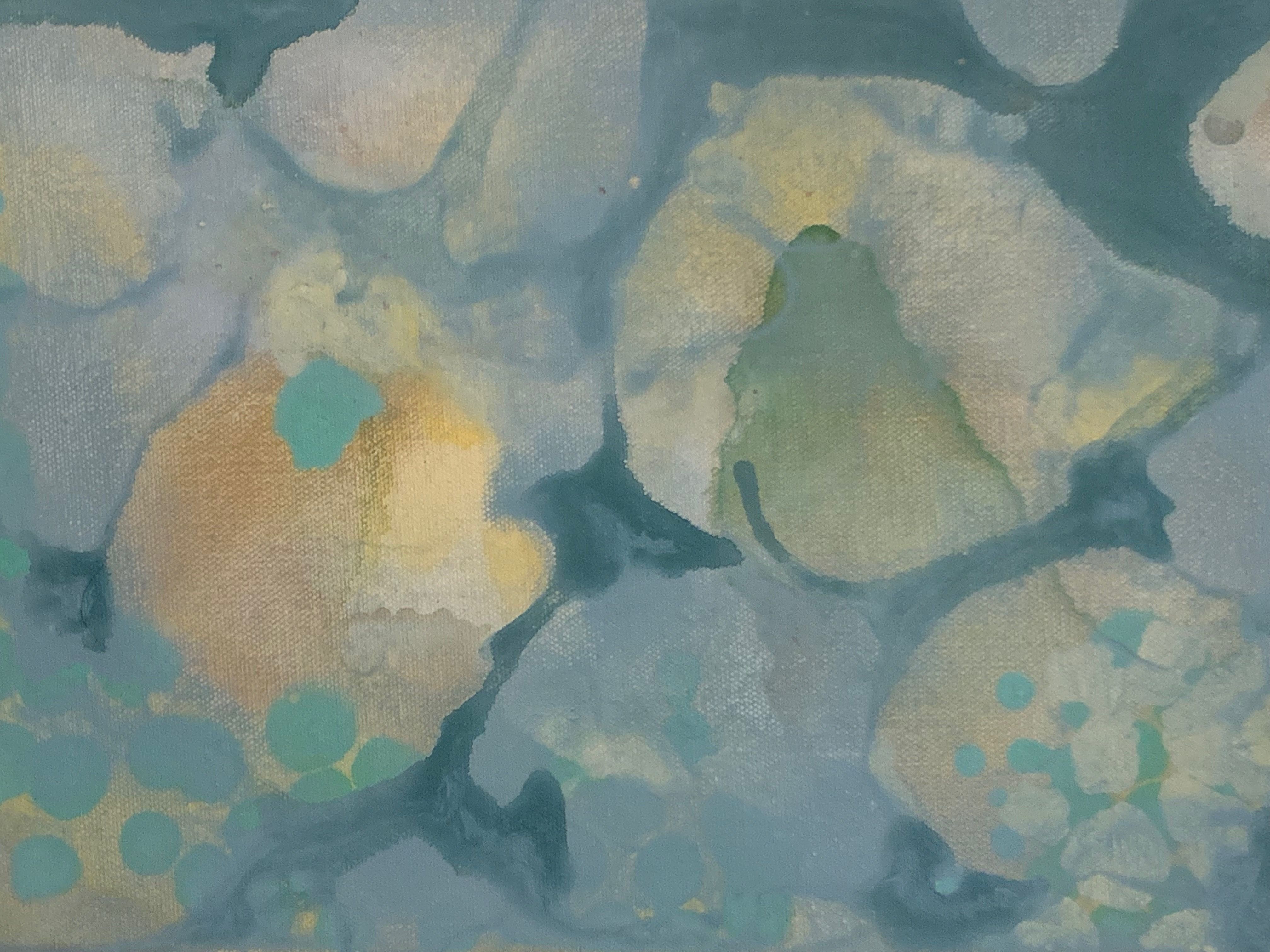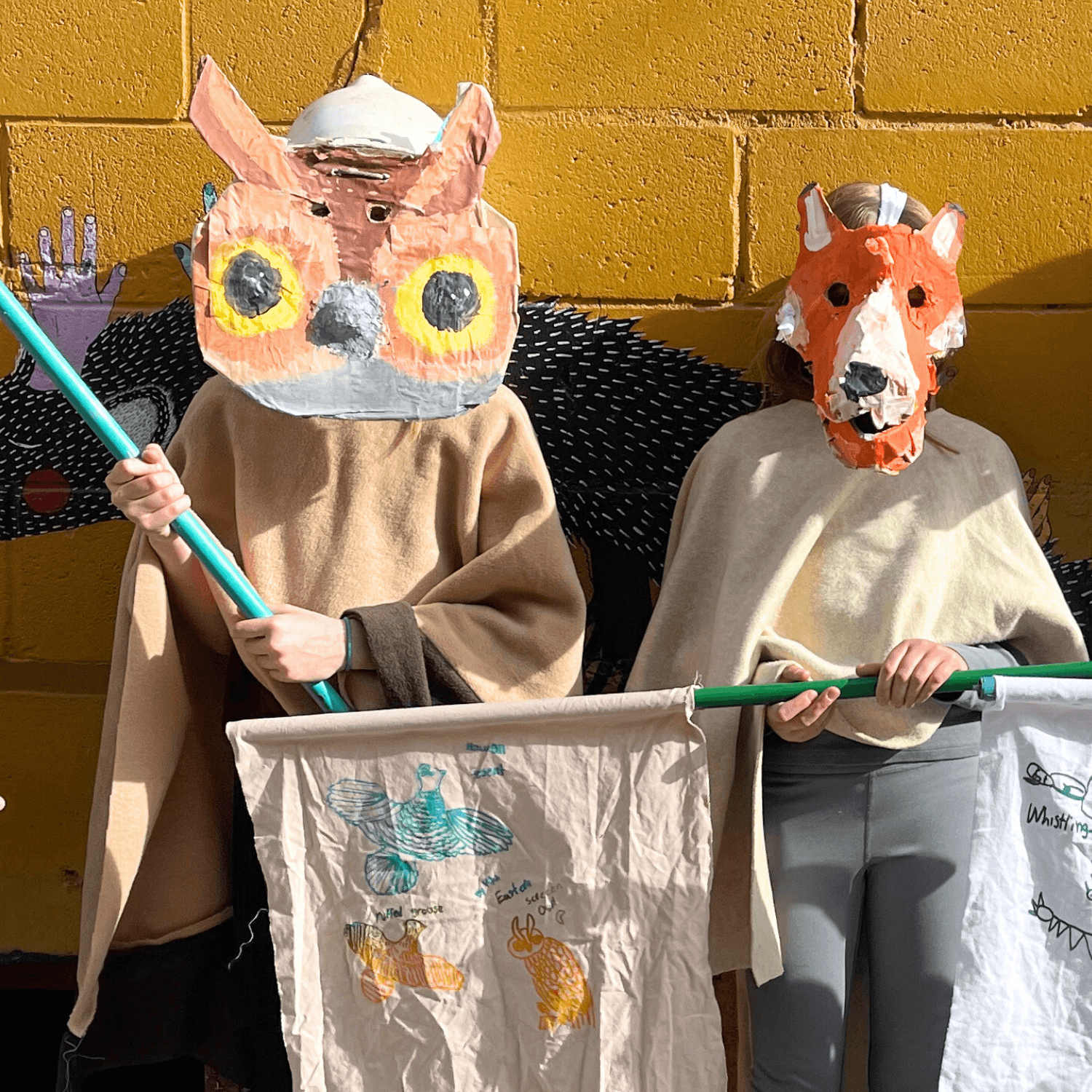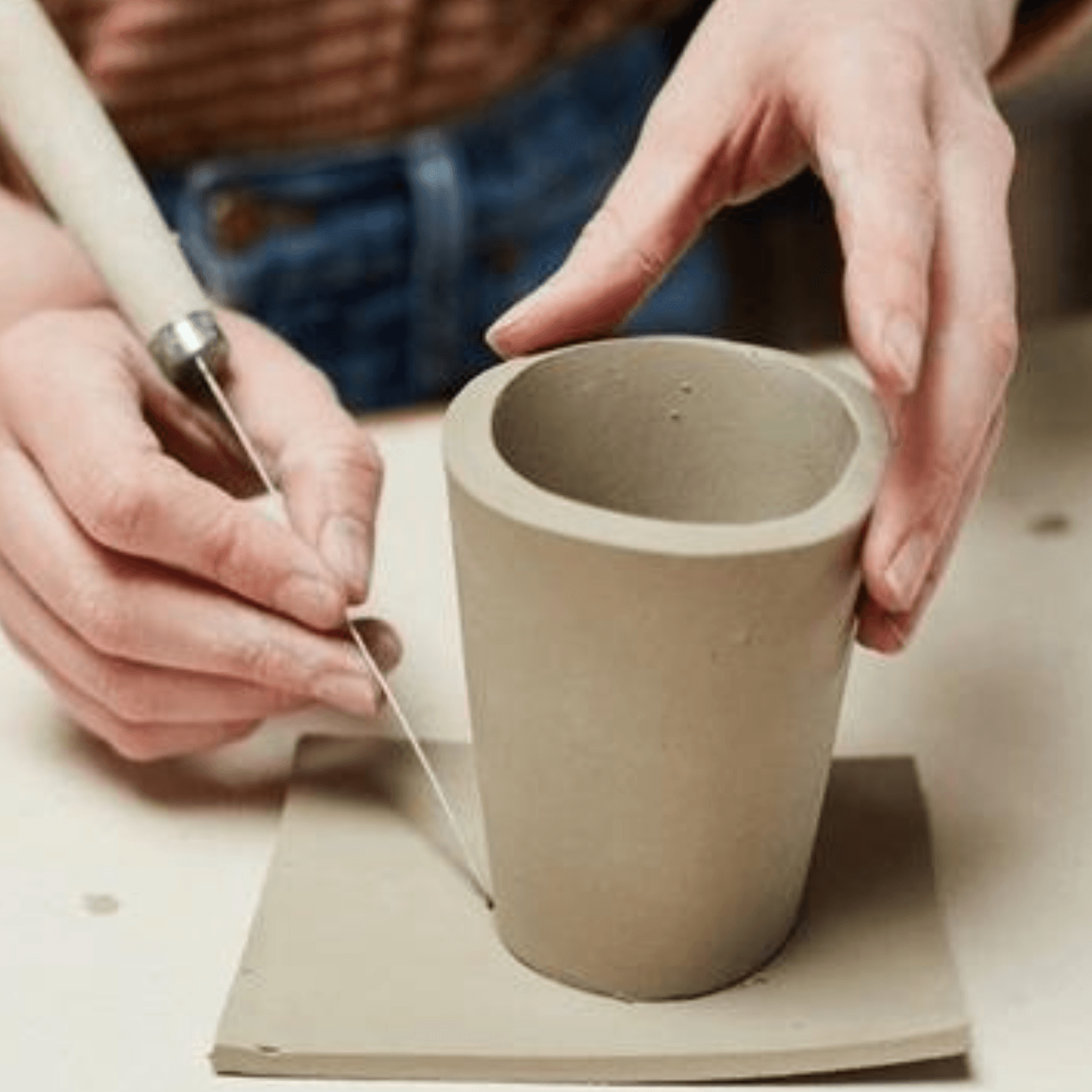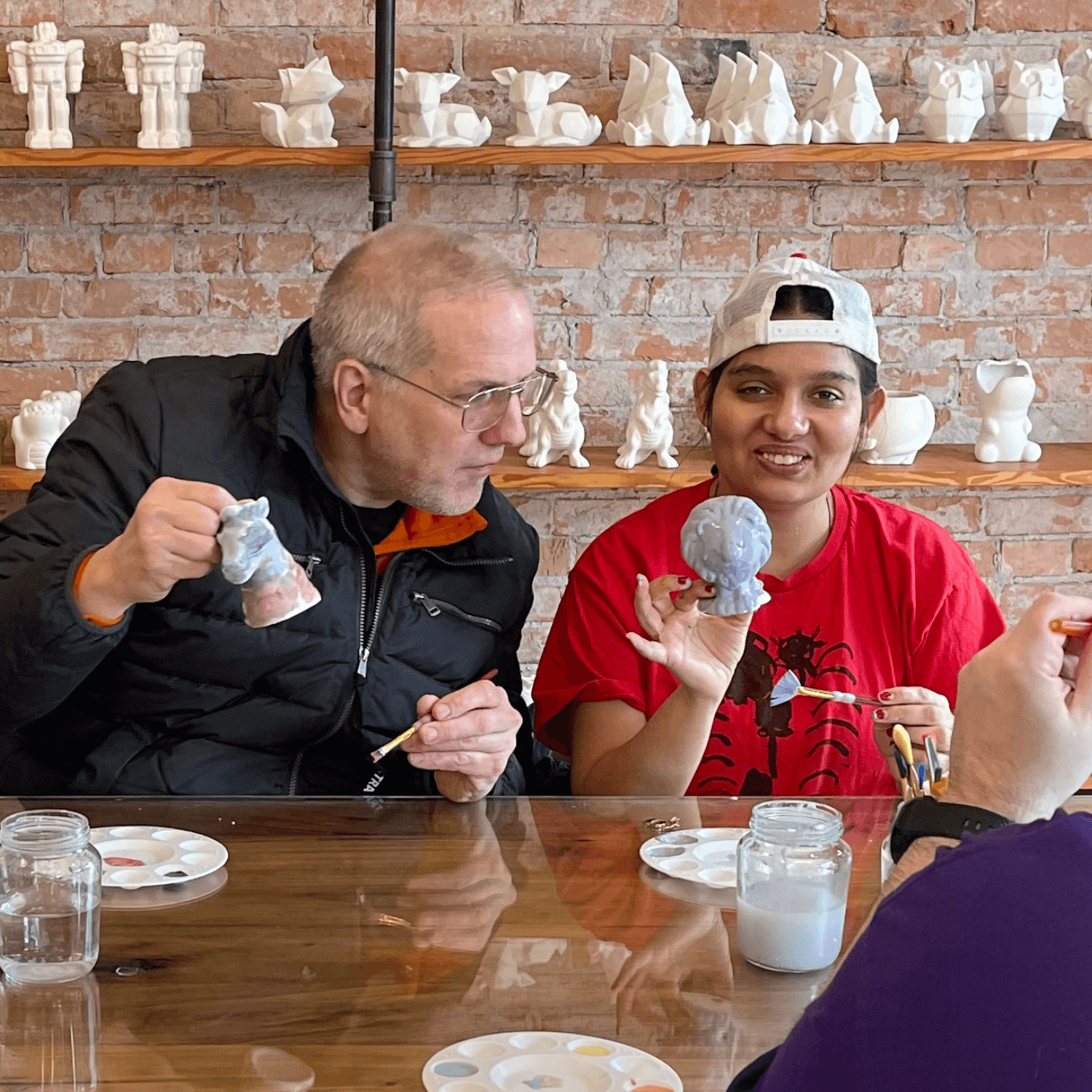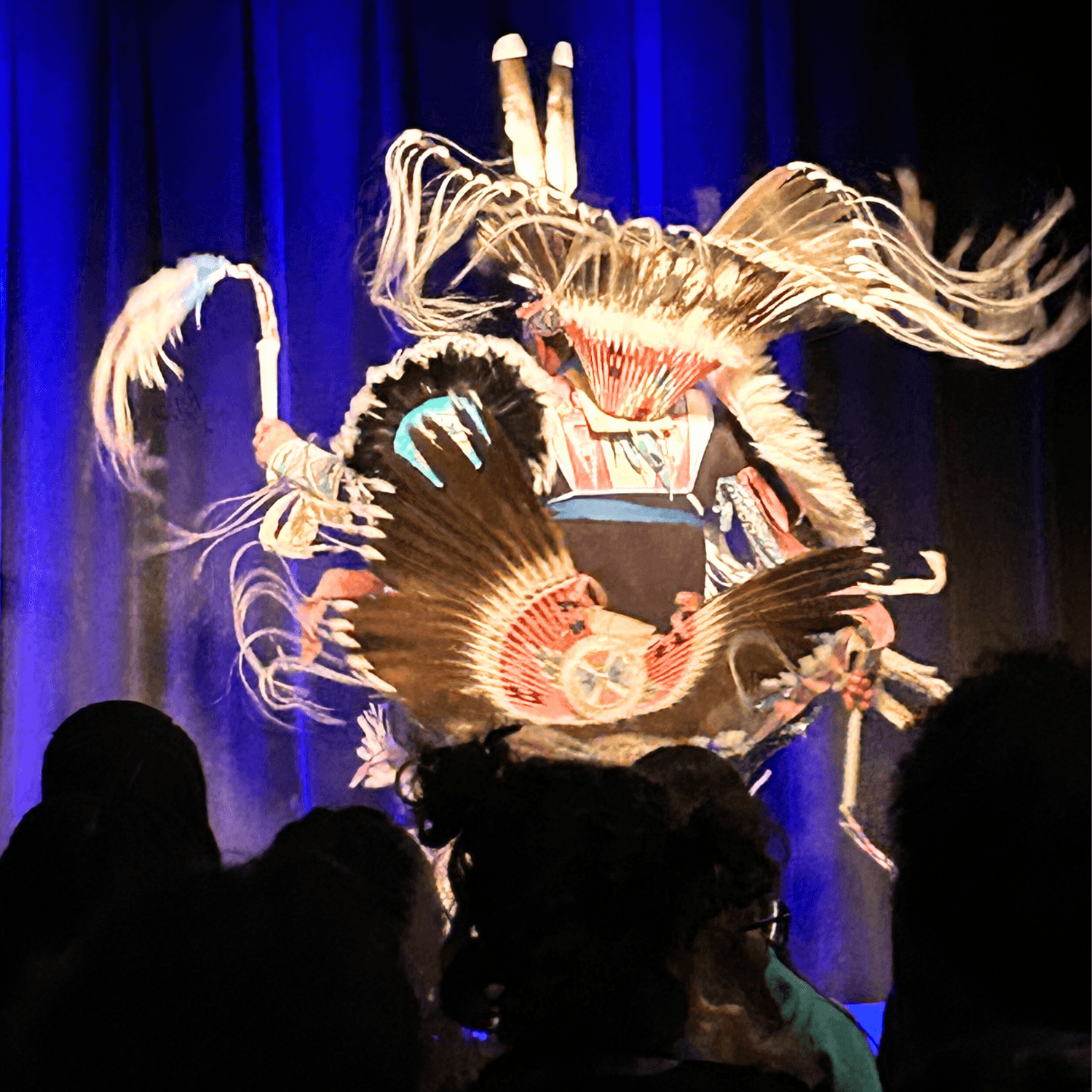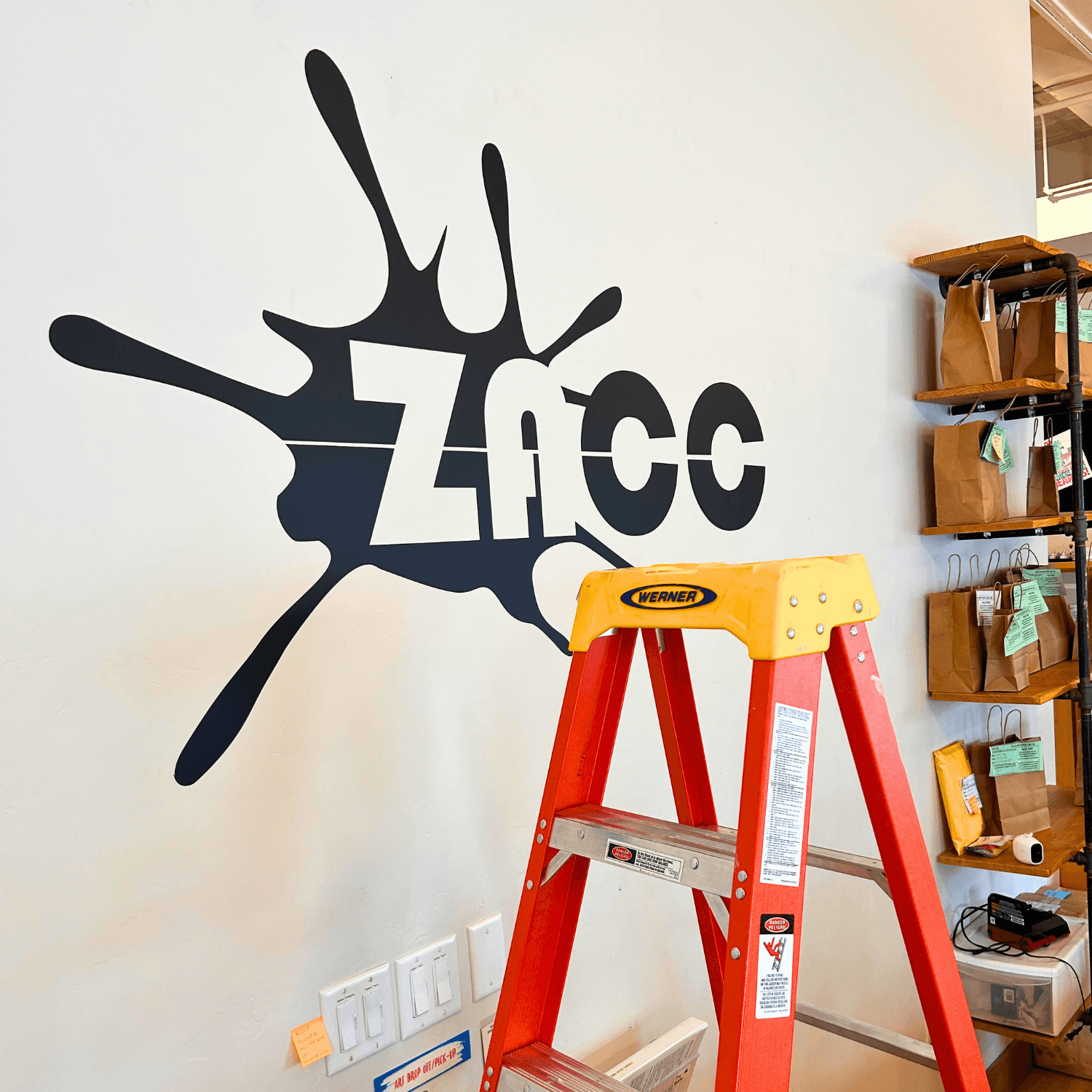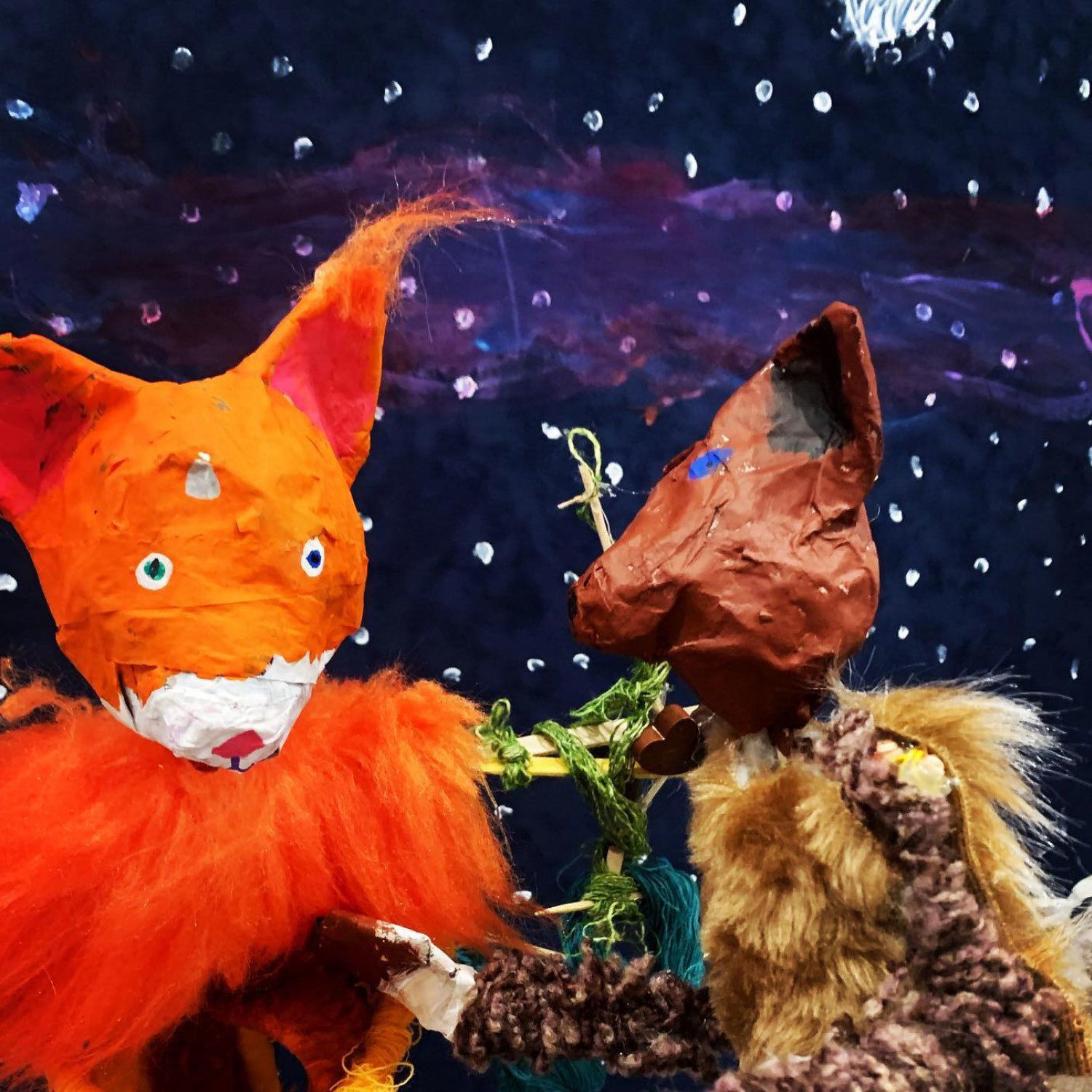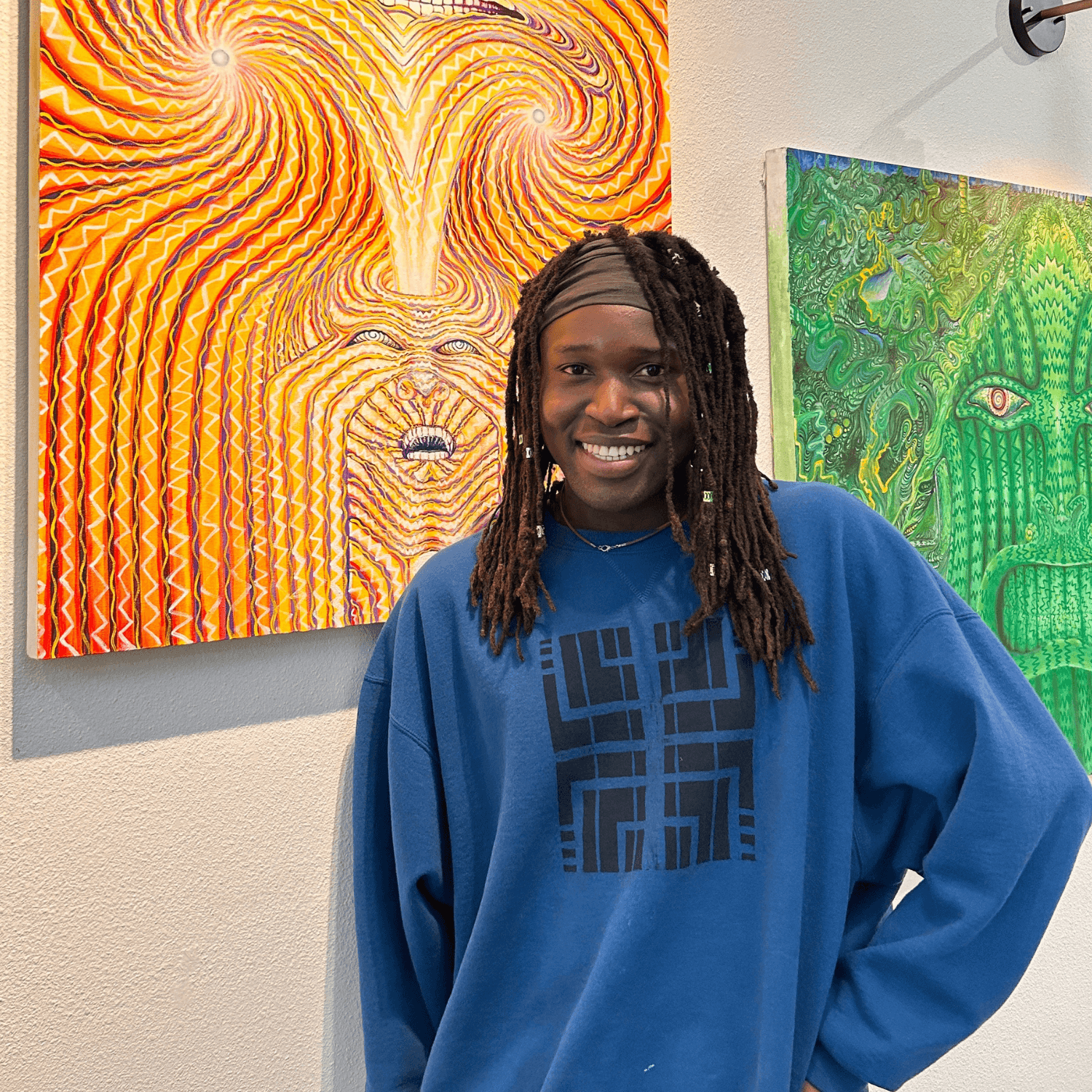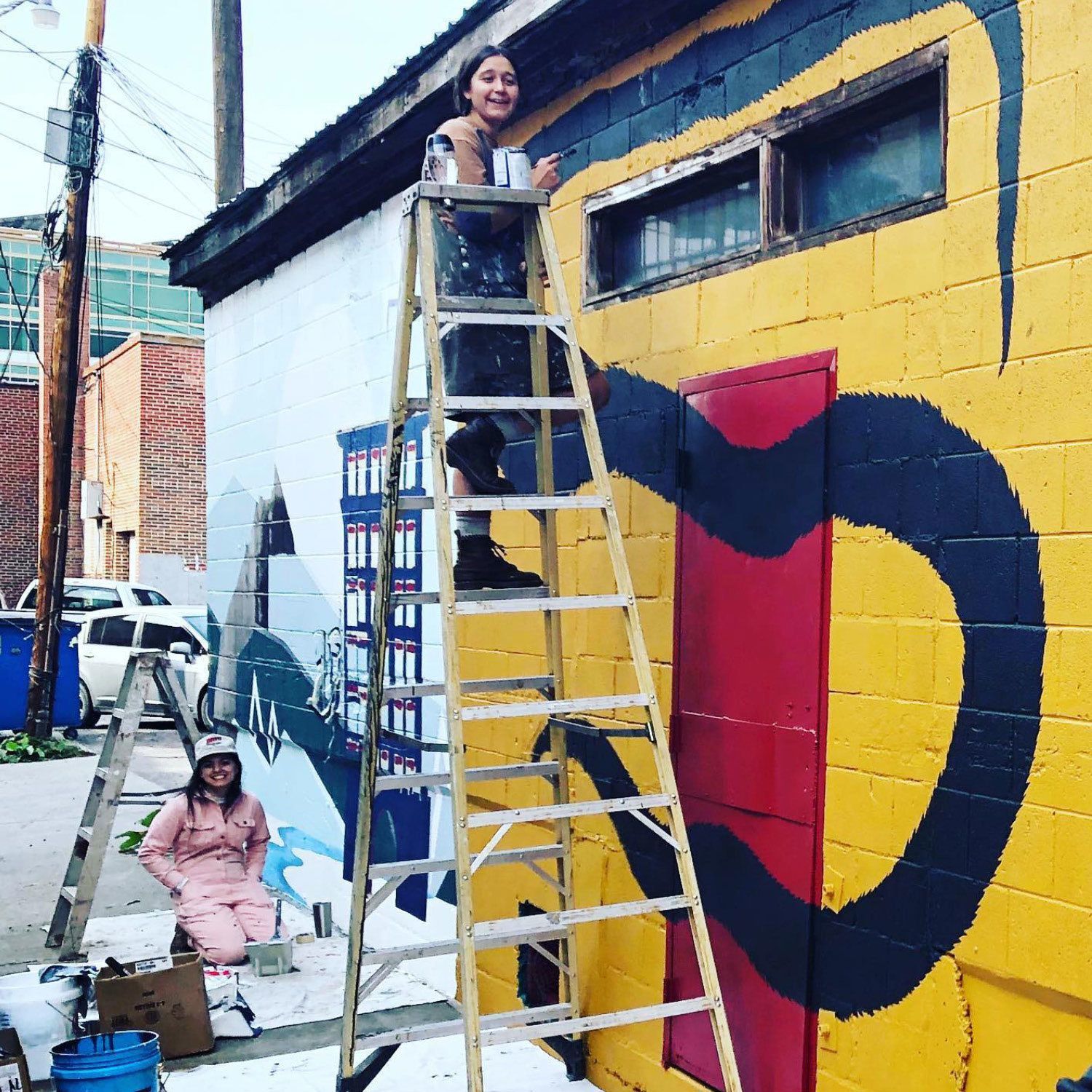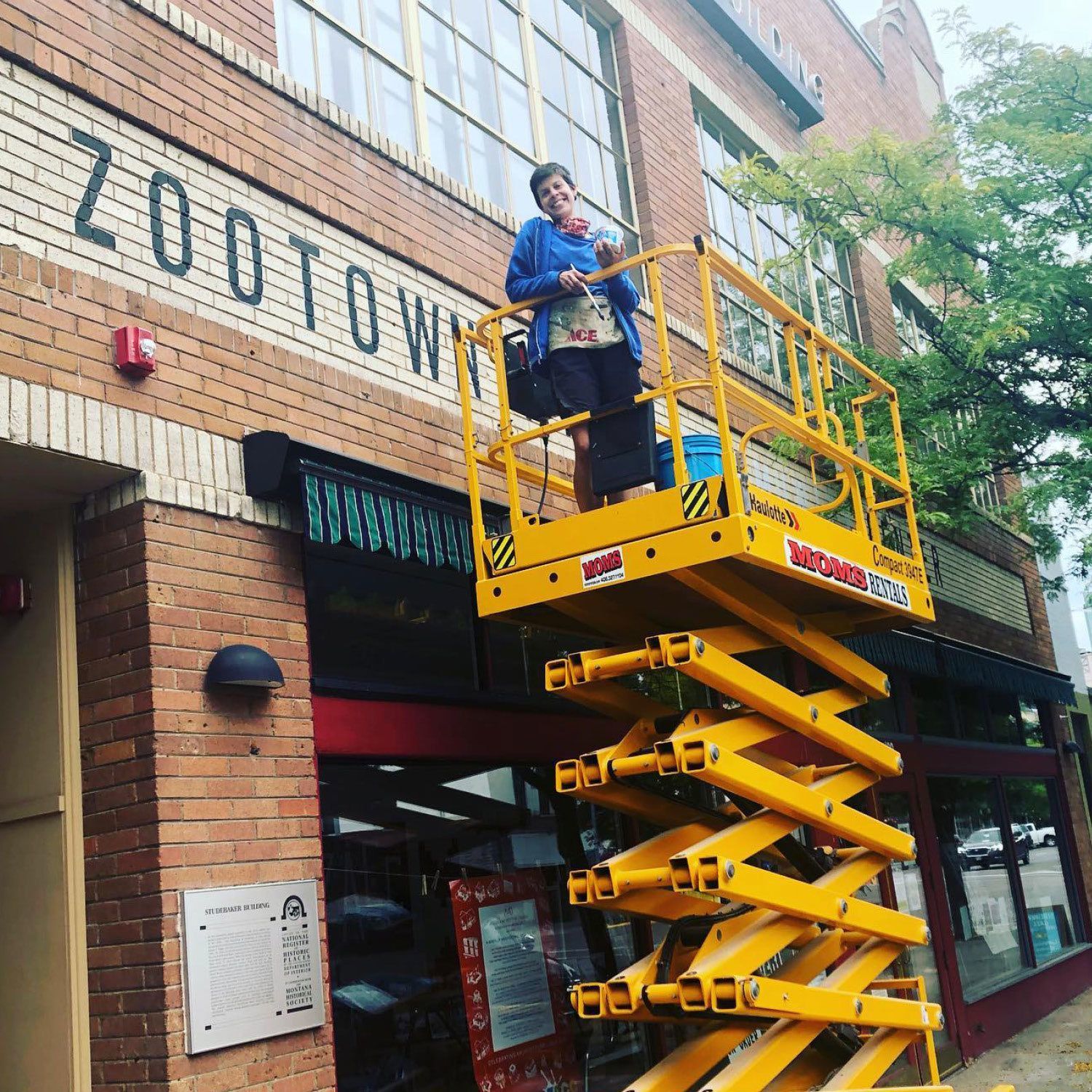Death Mirror, Works by Tanya Abou-Ghazaly
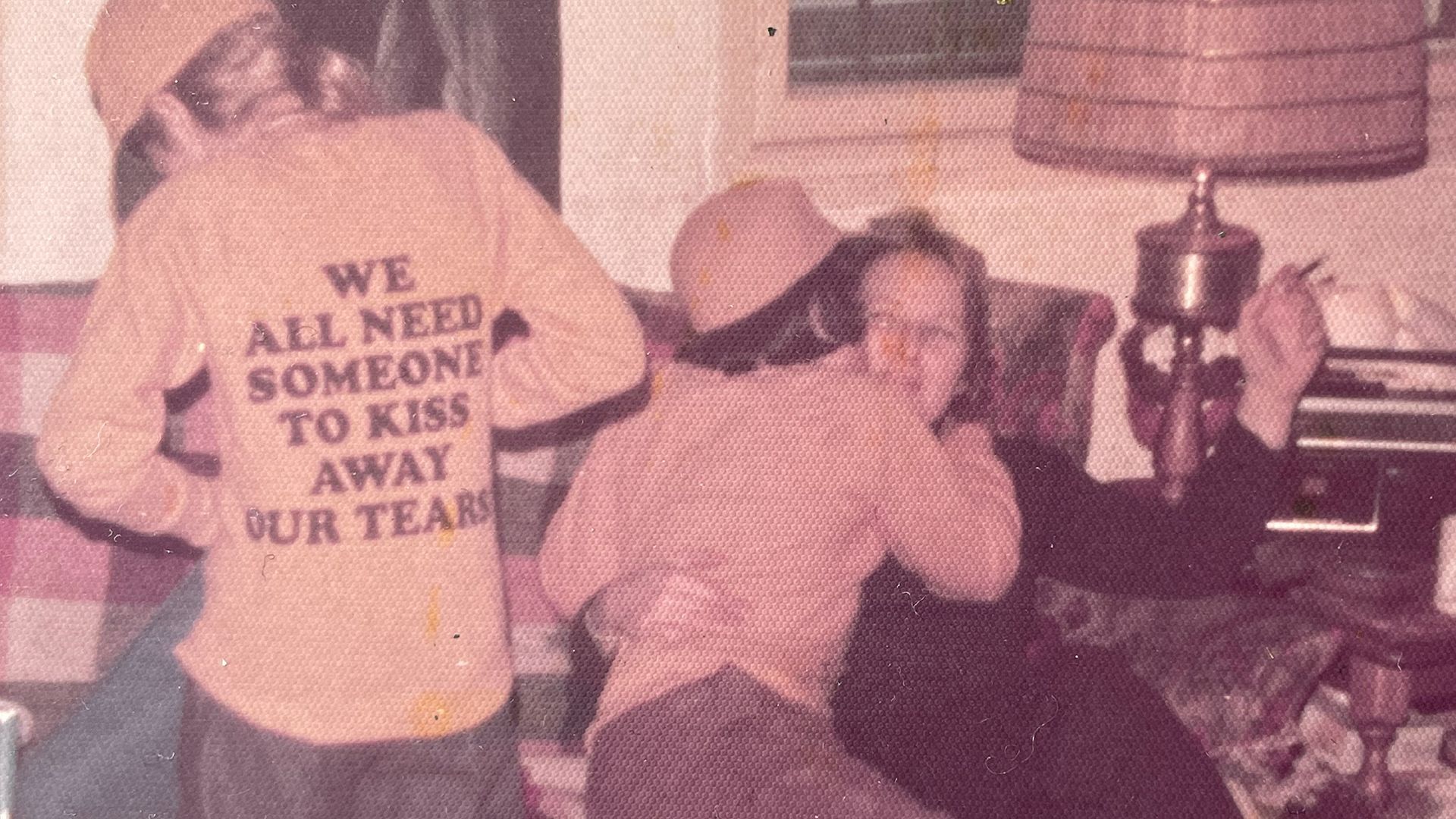
Gallery Opening First Friday, August 5, 5-8 PM
In the Blackfoot Communications Gallery through September 7
After the traumatic death of her estranged father in Lebanon, Tanya Abou-Ghazaly tries to find closure by unpacking her family history through the lens of mortality.
Death Mirror is a photo essay that weaves together fragments of her family history using poetic prose and old photographs exhumed from dusty boxes. A mural adapted from the photo essay will be exhibited at the ZACC throughout the month of August.
Jumping between 1960s Beirut and the present, the story spotlights her grandfather (one of the first airline pilots in the Middle East), her father and the fate that befalls them both. The artist projects her existential fears onto the images, hoping to process the loss of a parent and the inescapable fact of her own mortality.
Experimental, the text unpacks language related to grief in English and Arabic, providing a window into both cultures inhabited by the artist. By breaking down everyday words, she puts forth new and imaginative ways of thinking about language in relation to death.
Through the alchemy of words and images, this meditation on loss gives a personal account of death, one that is particular yet universal, singular yet relatable. Death Mirror is a delicate exploration of grief that invites others into an intimate space to contemplate their own mortality alongside the artist.
Alongside the mural, there will be handmade accordion books, silkscreen prints and postcards inspired by the photo essay on sale at the ZACC throughout the duration of the show.
ABOUT THE TANYA ABOU-GHAZALY, IN HER OWN WORDS
“I am a Lebanese-American writer, mixed media artist and future corpse who spends much of my waking life thinking about mortality. As a death-curious artist, I always take on a deeply personal approach to grapple with the universal themes of grief, loss and impermanence. By putting my existential fears into conversation with my family’s autobiography, I transform the edge of the abyss into a place for deeper reflection on the conditions of being.”

